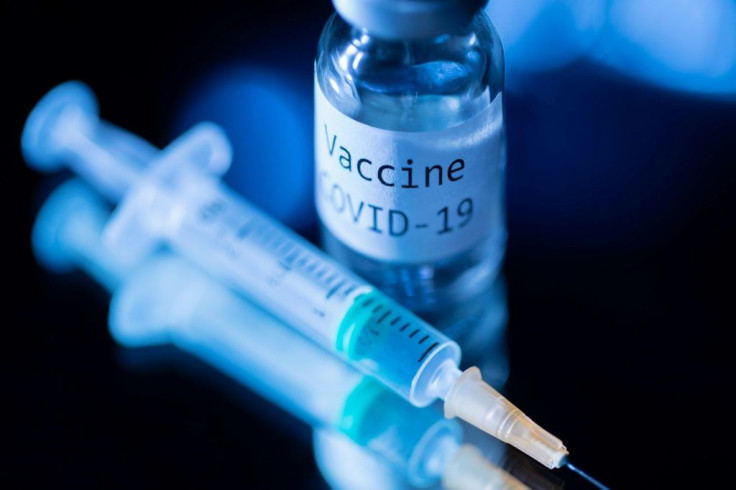Can You Get COVID Again? This Study Explains The Chances
KEY POINTS
- ‘Highly unlikely’ that reinfection would occur within six months
- University officials say the findings present ‘really good news’
- Oxford vaccine trials show promise for older adults
It’s "highly unlikely" to get reinfected with the novel coronavirus for at least six months, a study published Friday from the University of Oxford found.
A non-peer reviewed study from the university and the Oxford University Hospitals NHS Foundation Trust examined the duration of immunity from the virus. The study ran for 30 weeks, ending in November, and included some 12,000 healthcare workers at Oxford University hospitals.
It’s “highly unlikely,” CNBC reported on the findings, that a person could contract COVID-19 again for at least six months.
“This is really good news, because we can be confident that, at least in the short term, most people who get COVID-19 won’t get it again,” David Eyre of the University of Oxford’s Nuffield Department of Population Health was quoted as saying.
Of the 11,000 or so staff members who didn’t show signs of the antibody, only 89 of them developed a new infection that showed symptoms. None of the 1,246 healthcare workers who had antibodies for the coronavirus developed a symptomatic infection.
“We know from a previous study that antibody levels fall over time,” Eyre said. “But this latest study shows that there is some immunity in those who have been infected.”
Reinfection is indeed possible. A Chinese study in the journal Nature Medicine found antibodies for the coronavirus faded from detection after about two months. From a non-peer reviewed study from King’s College in London, immunity faded more quickly but was better for patients who had experienced strong symptoms from COVID-19.
Todd Ellerin, the director of infectious diseases at South Shore Hospital in Massachusetts, told ABC News earlier this year that reinfection is certainly plausible.
“The duration of immunity is unclear, but it does make sense that we may start seeing cases of reinfection with the novel coronavirus, as with other common coronavirus infections," he said.
The findings follow a dizzying race to develop a vaccine. Pfizer and German biotechnology company BioNTech on Friday applied for emergency-use authorization with U.S. officials for their drug, which has shown to be 95% effective during clinical trials.
"Filing in the US represents a critical milestone in our journey to deliver a COVID-19 vaccine to the world and we now have a more complete picture of both the efficacy and safety profile of our vaccine, giving us confidence in its potential," Pfizer CEO Albert Bourla said in a statement.
Oxford too is developing a vaccine. A university study published Thursday in the medical journal The Lancet finds its vaccine triggered a strong response from the immune system for healthy, older adults.
Oxford stated that finding a treatment for adults should be a priority because they’re considered high-risk for COVID-19.

© Copyright IBTimes 2025. All rights reserved.





















